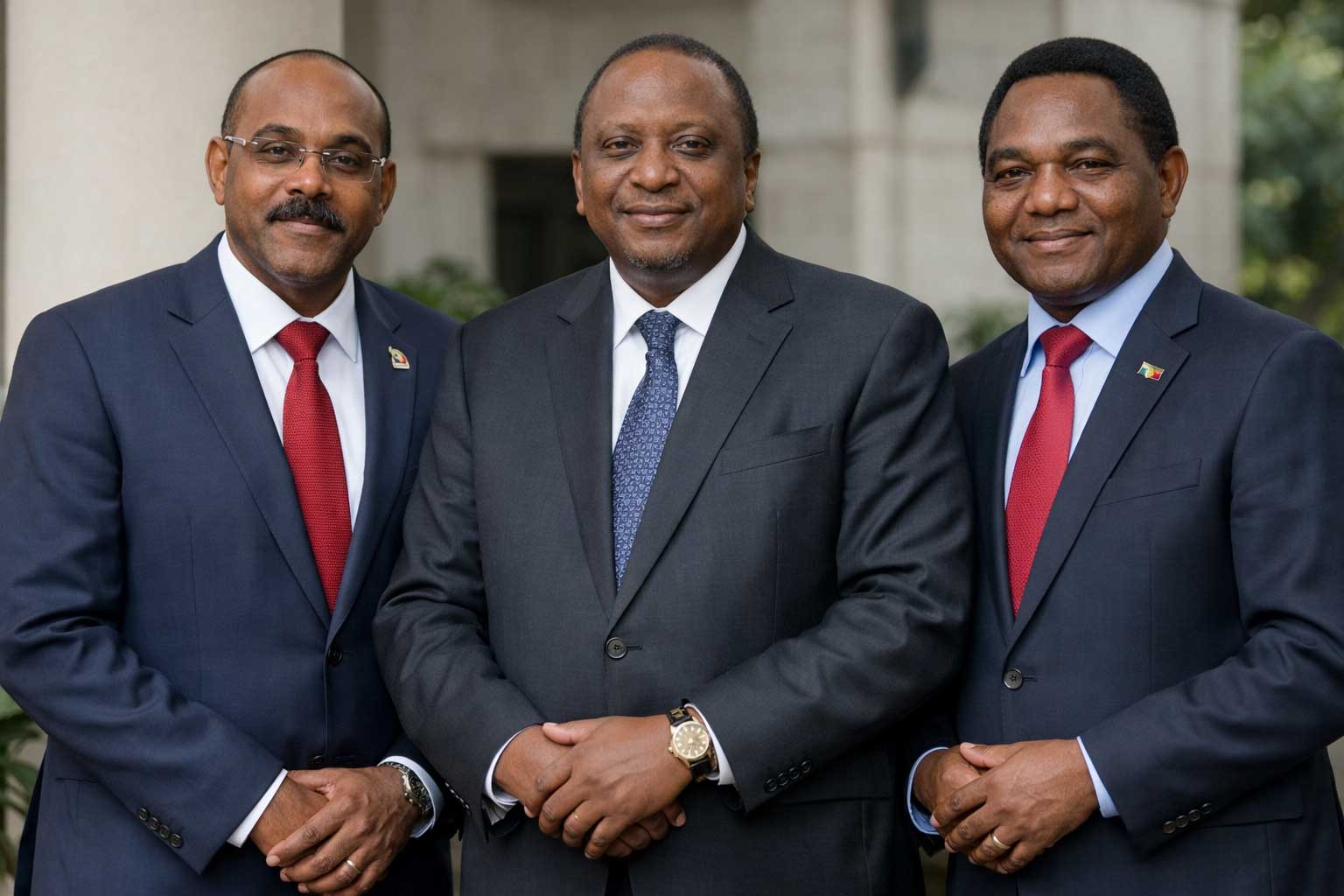Lifesaving health initiatives and critical medical research projects are facing severe disruptions across many countries due to the Trump administration's recent 90-day pause on foreign aid and the issuing of stop-work orders. The halt has particularly impacted funding from the U.S. Agency for International Development (USAID), which has been vital in delivering medical assistance globally.
In Uganda, the National Malaria Control Program has been forced to suspend its insecticide spraying initiatives within villages and has halted shipments of bed nets necessary for protecting young children and pregnant women from malaria. Dr. Jimmy Opigo, the program's director, confirmed these devastating impacts on public health efforts.
Similarly, Zambia is witnessing significant delays in the delivery of crucial medical supplies, including drugs that treat life-threatening conditions like hemorrhages in pregnant women and rehydration salts for toddlers suffering from extreme diarrhea. The logistical hurdles stem from the halting of supply projects funded by USAID, which were responsible for compensating the trucking companies used to transport these lifesaving goods.
Moreover, numerous clinical trials scheduled to take place across South Asia, Africa, and Latin America are now on hold, affecting thousands of participants who are reliant on ongoing treatments. Many of these individuals were already administered with drugs, vaccines, or medical devices but are left without access to researchers and medical staff who supervised their care.
In interviews conducted with over twenty program managers and researchers across the impacted regions, a unanimous sentiment of despair emerged. Many of those interviewed chose to speak anonymously, concerned that their openness might jeopardize the possibility of resuming their vital work in the future. Heart-wrenching accounts of the rapid dismantling of years of dedication and progress in combatting diseases were common, with some individuals breaking down as they recounted the dire consequences of the funding freeze.
The current emergency leaves thousands in peril, as healthcare systems that had taken decades to build begin to crumble, potentially leading to increased mortality rates and the resurgence of diseases once kept at bay. Health professionals and researchers are urgently calling for renewed support to restore these critical services to safeguard the well-being of their communities.





















